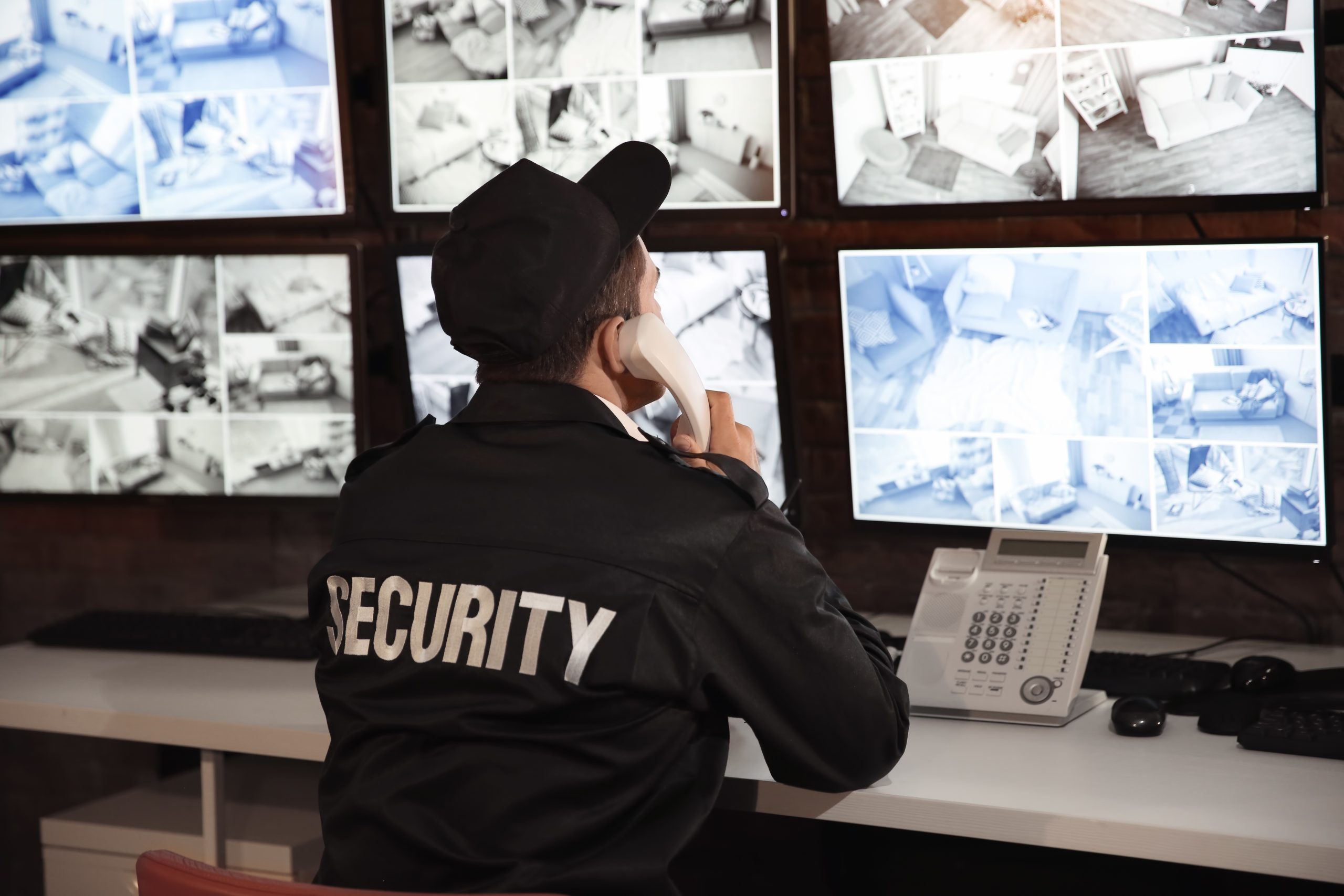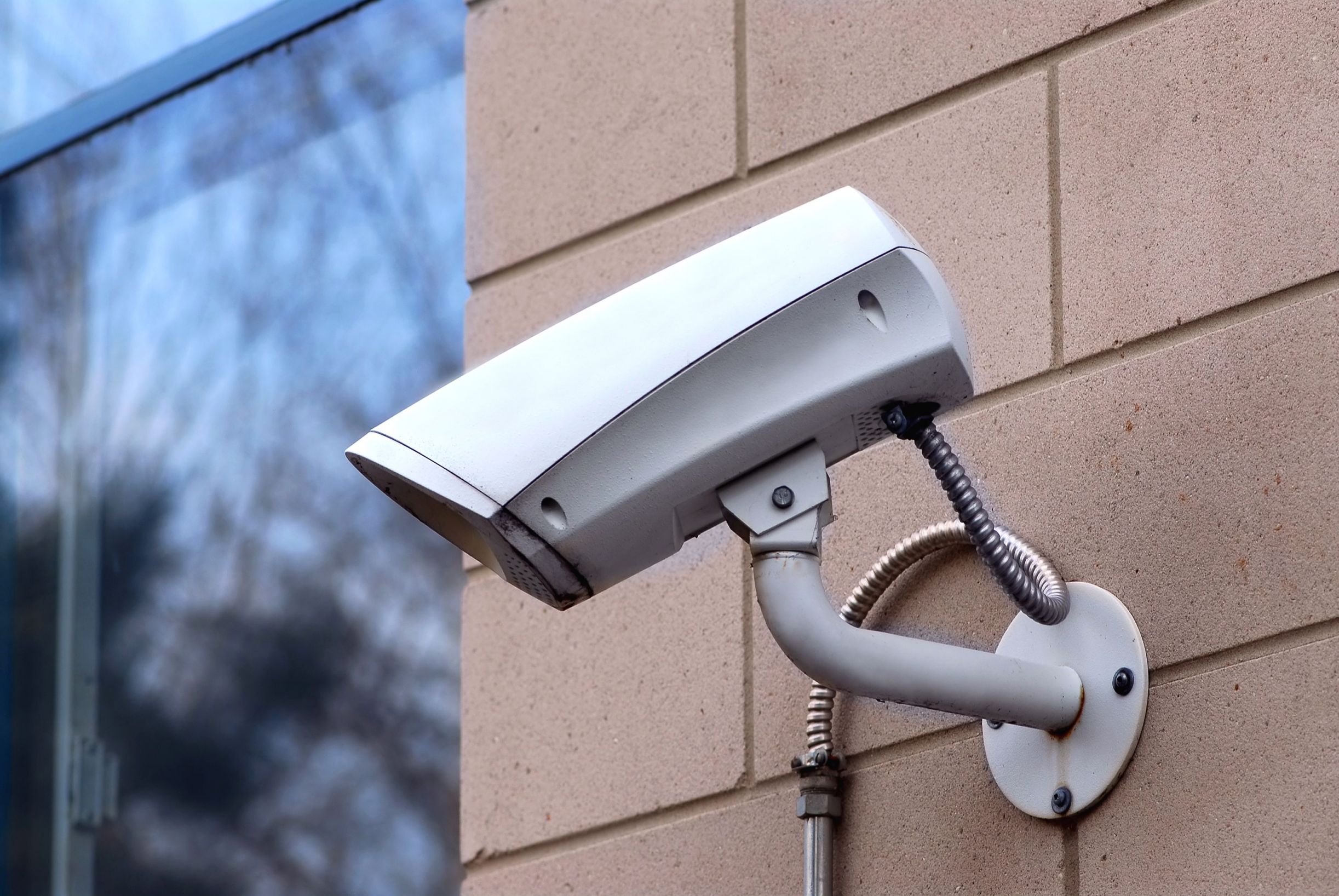Introduction
In the bustling city of Salem, Oregon, safeguarding businesses against the threat of fire is paramount. A robust commercial fire alarm system not only protects lives but also preserves property and ensures business continuity. This comprehensive guide delves into the essentials of Commercial Fire Alarm Salem OR, offering valuable insights for business owners and facility managers seeking to enhance their fire safety protocols.
Understanding Commercial Fire Alarm Systems
Types of Fire Alarm Systems
Commercial fire alarm systems come in various forms, each designed to meet specific needs and regulations. Here’s a breakdown of the most common types:
- Conventional Fire Alarm Systems: These systems divide your facility into zones, with detectors and call points wired to the central control panel. They are cost-effective and suitable for smaller properties.
- Addressable Fire Alarm Systems: More advanced than conventional systems, addressable systems pinpoint the exact location of the alarm. They are ideal for larger complexes, reducing false alarms and improving response times.
- Hybrid Fire Alarm Systems: Combining elements of both conventional and addressable systems, hybrid systems offer flexibility and scalability, adapting to a range of commercial environments.
Key Components
A comprehensive system includes several critical components:
- Control Panel: The brain of the system, monitoring inputs and outputs to detect fires.
- Detectors and Sensors: These devices detect smoke, heat, and fire, triggering the alarm when a potential fire is identified.
- Alarms and Notification Devices: These include bells, horns, and visual indicators that alert occupants to evacuate.
- Manual Call Points: Allow individuals to manually trigger the alarm upon discovering a fire.
Installation and Maintenance
Choosing the Right System
Selecting the right fire alarm system involves considering the size of your property, the complexity of your operations, and specific local codes. Consulting with fire safety experts who specialize in commercial properties in Salem can provide tailored recommendations.
Regular Maintenance
To ensure reliability, regular maintenance is crucial. This includes:
- Routine Inspections: Conducted monthly or quarterly to check system functionality.
- Annual Servicing: A thorough check to repair or replace faulty components.
- Compliance Checks: Ensuring all system components meet local fire safety regulations.
Legal Requirements and Compliance
In Salem, commercial fire alarm systems must comply with the National Fire Protection Association (NFPA) standards, as well as local building codes and regulations. These standards are designed to ensure that all commercial establishments are equipped with effective alarm systems that provide timely warnings during emergencies.
Conclusion
Investing in a reliable commercial fire alarm system is essential for the safety of both people and property in Salem, OR. By understanding the different types of systems available, their components, and the importance of regular maintenance, businesses can make informed decisions that enhance their fire safety measures. Remember, the right system and routine upkeep not only comply with legal requirements but also provide peace of mind, knowing that you are prepared for any emergencies.


